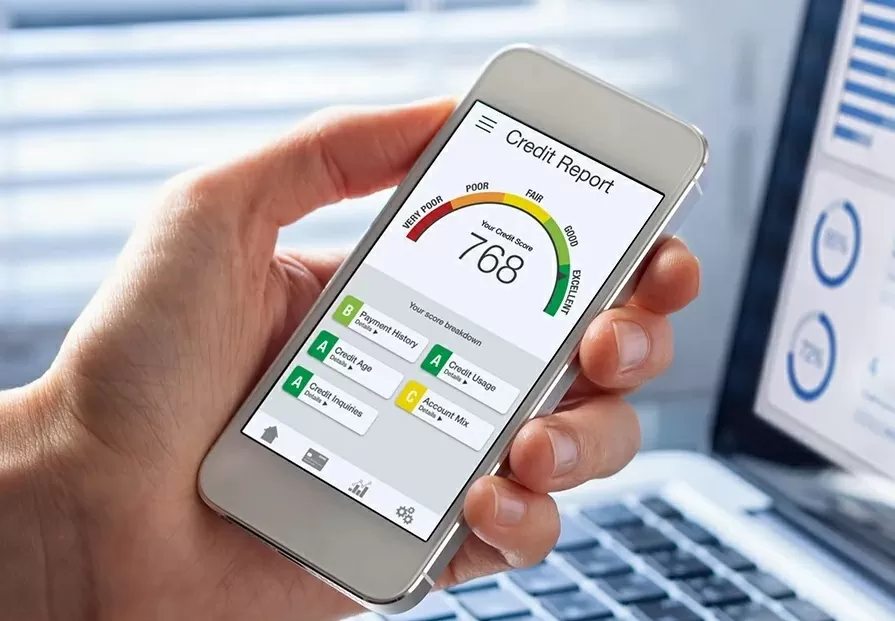CIBIL Score Rules: Till now, a total of 6 rules have been made by the Reserve Bank on CIBIL, which will directly benefit you. Let’s know about these 6 rules and understand how you will benefit from them.
CIBIL Score Rules: The Reserve Bank was receiving a lot of complaints regarding credit score. Due to this, a few months ago, the Reserve Bank of India (RBI) had made 5 rules regarding CIBIL. A few days ago, the central bank has made another rule on this. If the CIBIL score is good, you will get a loan easily and to keep it good, you have to avoid making only one mistake. This mistake is payment default. That is, pay EMI on time and never default, otherwise your CIBIL will be badly affected. Till now, a total of 6 rules have been made by the Reserve Bank on CIBIL, which will directly benefit you. Let us know about these 6 rules and understand how you will benefit from them.
1- CIBIL will be updated every 15 days
According to this new rule, now the credit score of the customers will be updated every 15 days. This rule will be effective from January 1, 2025. RBI has said that banks and financial institutions should now update the credit score as soon as possible. The RBI governor himself has recently announced this and said that the credit data will be updated every 15 days.
The CIBIL score of the customers can be updated on the 15th of every month and at the end of the month. If the Credit Institutions (CI) and Credit Information Companies (CIC) want, they can also fix any fixed dates according to their convenience, under which the data can be updated every 15 days. It is mandatory for the Credit Institutions (CI) to provide the credit information of the customer to the CIC every month.
2- Information about checking CIBIL will have to be sent to the customer
The central bank has told all credit information companies that whenever a bank or NBFC checks a customer’s credit report, it is necessary to send the information to that customer. This information can be sent through SMS or email. Actually, many complaints were coming up regarding credit score, due to which the Reserve Bank of India has taken this decision.
3- It is necessary to tell the reason for rejecting the request
According to the Reserve Bank of India, if a request of a customer is rejected, then it is necessary to tell him the reason for it. This will make it easier for the customer to understand why his request has been rejected. It is necessary to make a list of the reasons for rejecting the request and send it to all credit institutions.
4- Provide free full credit report to customers once a year
According to the Reserve Bank of India, credit companies should provide free full credit score to their customers once a year. For this, the credit company will have to display a link on its website, so that customers can easily check their free full credit report. This will let customers know their CIBIL score and complete credit history once a year.
5- It is necessary to inform the customer before reporting the default
According to the Reserve Bank of India, if a customer is going to default, then it is necessary to inform the customer before reporting the default. Loan giving institutions should share all the information by sending SMS/e-mail. Apart from this, banks and loan giving institutions should appoint a nodal officer. The nodal officer will work to solve the problems related to credit score.
6- Complaints should be settled within 30 days
If the credit information company does not settle the customer’s complaint within 30 days, then it will have to pay a fine of Rs 100 per day. That means the later the complaint is settled, the higher the penalty will be. The loan disbursing institution will get 21 days and the credit bureau will get 9 days. If the bank does not inform the credit bureau within 21 days, the bank will have to pay a penalty. If the complaint is not resolved even after 9 days of the bank’s information, the credit bureau will have to pay a penalty.

